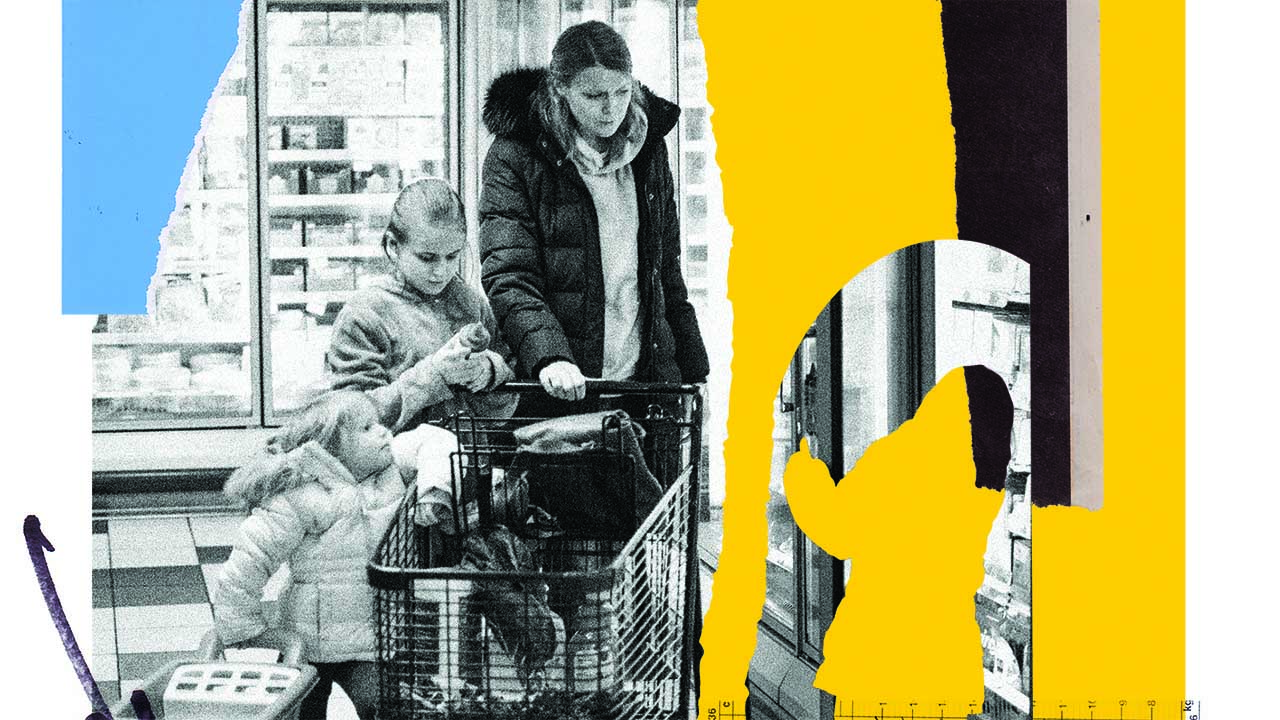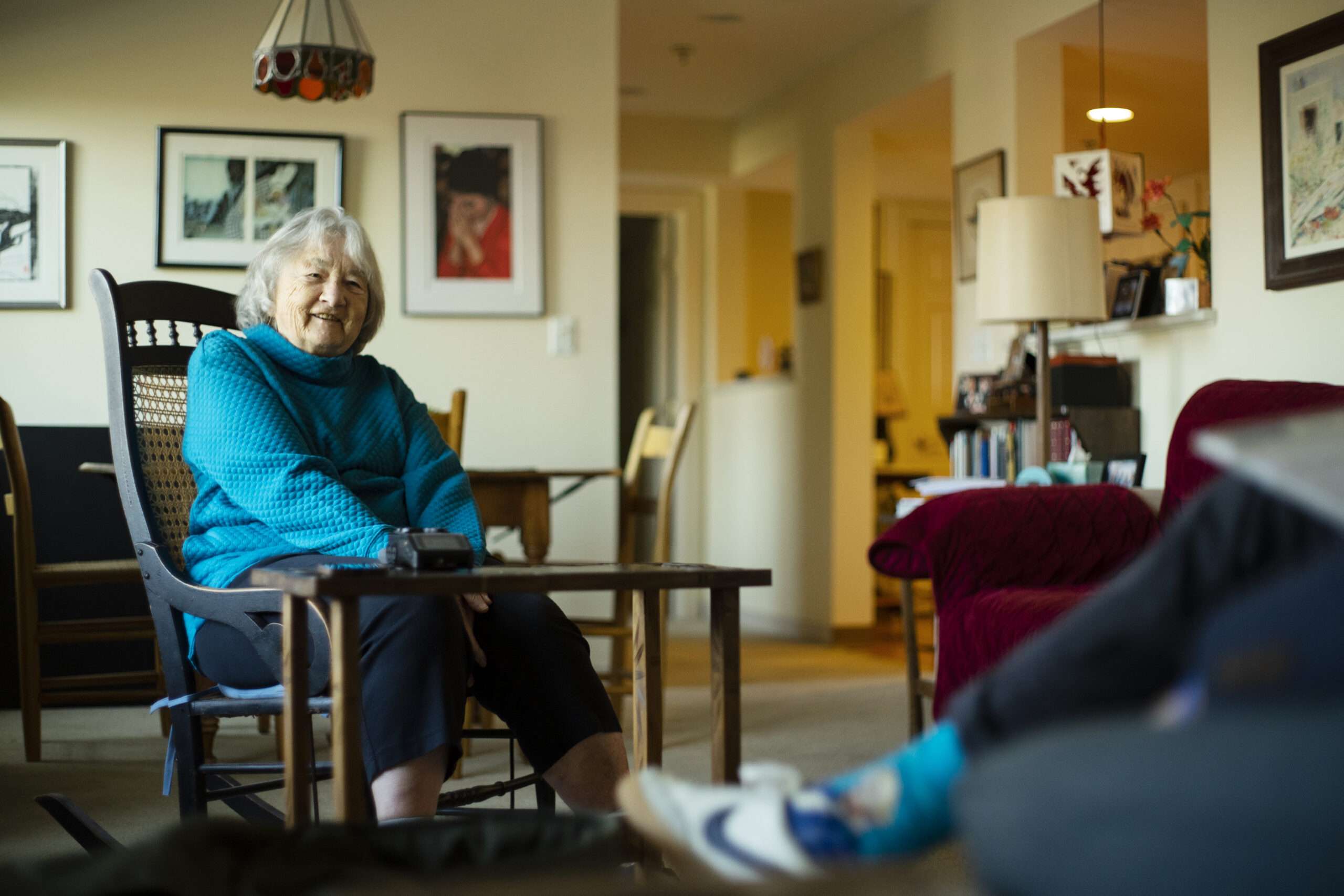The story of Jesus Christ, “though he was rich, yet for our sake, he became poor” (2 Cor 8:9), teaches that “it is better to give than to receive” (Acts 20:35). Inspired by this ultimate act of gift giving, we exchange gifts at Christmas, and some give more generously to charities — but Christians have a calling to do so, to give our time, talent, and treasure to others. Broken vessel that it is, the church is of course deeply imperfect in fulfilling that calling, but it is noteworthy that those who regularly attend religious services are more likely to volunteer for both secular and religious causes (in fact, this is one of the strongest predictors of volunteering).
Volunteering benefits our communities and the needy whom it serves. However, it also turns out that volunteering benefits the volunteers in a surprising number of ways. In one of our studies at the Human Flourishing Program, we published a thorough empirical investigation of the role of volunteering in the subsequent health and well-being of adult volunteers. The results lend striking empirical support to Christ’s teaching: Where individual well-being is concerned, giving really is better than receiving.
What We Found
We used data on about 13,000 older adults in the Health and Retirement Study, with eight years of data on each participant. We examined, for example, how volunteering in 2010 was related to subsequent health and well-being in 2014, controlling for those same health and well-being outcomes in 2006, along with a vast range of social, demographic, and behavioral characteristics.
During the study period, participants who volunteered at least two hours per week (compared with not at all) subsequently had higher levels of feelings of happiness, optimism, and purpose in life, as well as more contact with friends. They also had lower levels of depressive symptoms and feelings of hopelessness and loneliness; there were also fewer perceived physical discomforts and disabilities and higher levels of physical activity. They were also notably less likely to die in the four years of follow-up — and about 40 percent less so. This final result is, in fact, similar to, and helps to yet further confirm, an earlier meta-analysis (combining results over many studies) of the potential effects of volunteering on mortality.
This is not to say that there was evidence for effects on all outcomes examined. There was no evidence, for instance, that volunteering prevents hypertension or lung disease, and little evidence that it increases life satisfaction. However, as described above, there was evidence for an effect on many of the outcomes we looked at.
Is It Causal?
One might, however, wonder whether the associations are simply because those who are healthier are more able to volunteer. As is our custom, we did a number of things to help address this possibility of “reverse causation” and to try to distinguish between association and causation.
First, volunteering was measured four years prior to the health and well-being outcomes that we evaluated. This rigorous longitudinal design helps establish the temporal ordering of the relationships, and in this way is superior to most prior studies on this topic, which often use cross-sectional data, where everything is measured at the same time.
Second, we also controlled for the participants’ prior levels of health and psychological well-being, to try to rule out that it was just positive health or psychological states that were leading to greater volunteering. Third, we additionally controlled for numerous other social, demographic, and behavioral characteristics at the beginning of the study to try to rule out that these might explain the relationship. Fourth, we controlled for even earlier prior levels of volunteering, so that associations would effectively reflect changes in volunteering practices. Finally, for each outcome examined, we reported an E-value measure, that assesses how robust or sensitive results are to potential unmeasured variables, and thereby helps evaluate the evidence for causality.
All of these things help establish that the associations do, at least partially, reflect causal effects, and for some of the outcomes, such as mortality risk and increasing contact with friends, the results seemed particularly robust. Although it is difficult to definitively establish causality with this sort of observational data, one can provide evidence; and here the evidence for the effects of volunteering on some of the health and well-being outcomes is quite strong.
Questions of Character
Of course, most people do not volunteer simply to improve their own health and well-being. Rather, they hope to make some small contribution to the lives of others, to the community — to the common good, in the sense of “the sum of those conditions of social life which allow social groups and their individual members relatively thorough and ready access to their own fulfillment” as the 1965 Gaudium et Spes defines. Why would this other-oriented behavior have such profound effects on a person?
While this extends beyond the data we have, one possibility is that volunteering itself — the long-term sustained attempt to systematically help others and one’s community — may in turn help shape one’s character and one’s orientation towards the good. This itself may go on to contribute to a number of health and well-being outcomes. As we’ve discussed in a previous Common Good article, certain aspects of character (such as one item in our flourishing index measure: “I always act to promote good in all circumstances, even in difficult and challenging situations”) are strongly associated with numerous health and well-being outcomes over time.
Another possibility for the effects of volunteering on well-being is that volunteering often involves sustained engagement with a community both of volunteers and of those served, and may thereby provide opportunities to build strong, loving relationships. Love is not just seeking to do good to others; it is also seeking to come to know them and to be with them. By creating sustained communities, volunteering might thus also create contexts in which one has more and deeper opportunities to love others and to be loved in turn.
Regardless of what the explanations might be, the evidence for important effects of volunteering seems sufficiently strong that, some years ago, Stephen Post published an article in the American Journal of Health Promotion recommending a “prescription” of volunteering for two hours a week. He acknowledges that for some already deeply engaged in “helping professions” in their life and work, this may not be necessary. And there is, of course, also the danger of volunteering simply for the sake of one’s own benefit, and not for that of the other, or volunteering for the purposes of “resume padding.” We do not at present really know to what extent such self-centered forms of volunteering contribute to one’s well-being, or whether even they might go some way in positively shaping one’s character. However, for many, engaging in volunteering can be a powerful way to contribute to the good of others, to the community, and to the common good — and to the good of the volunteer as well.
As we look ahead to the New Year, many of us are already contemplating resolutions for renewed physical fitness, organization, or relational health. This is well and good, even if the resolutions don’t always stick. However, our empirical research, here joining hands with the wisdom of the New Testament and much of the rest of the world’s religious and spiritual traditions, suggests another resolution that might powerfully promote, not only your own flourishing, but also that of your community: Volunteer more.





